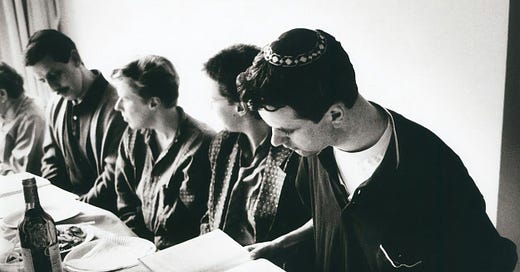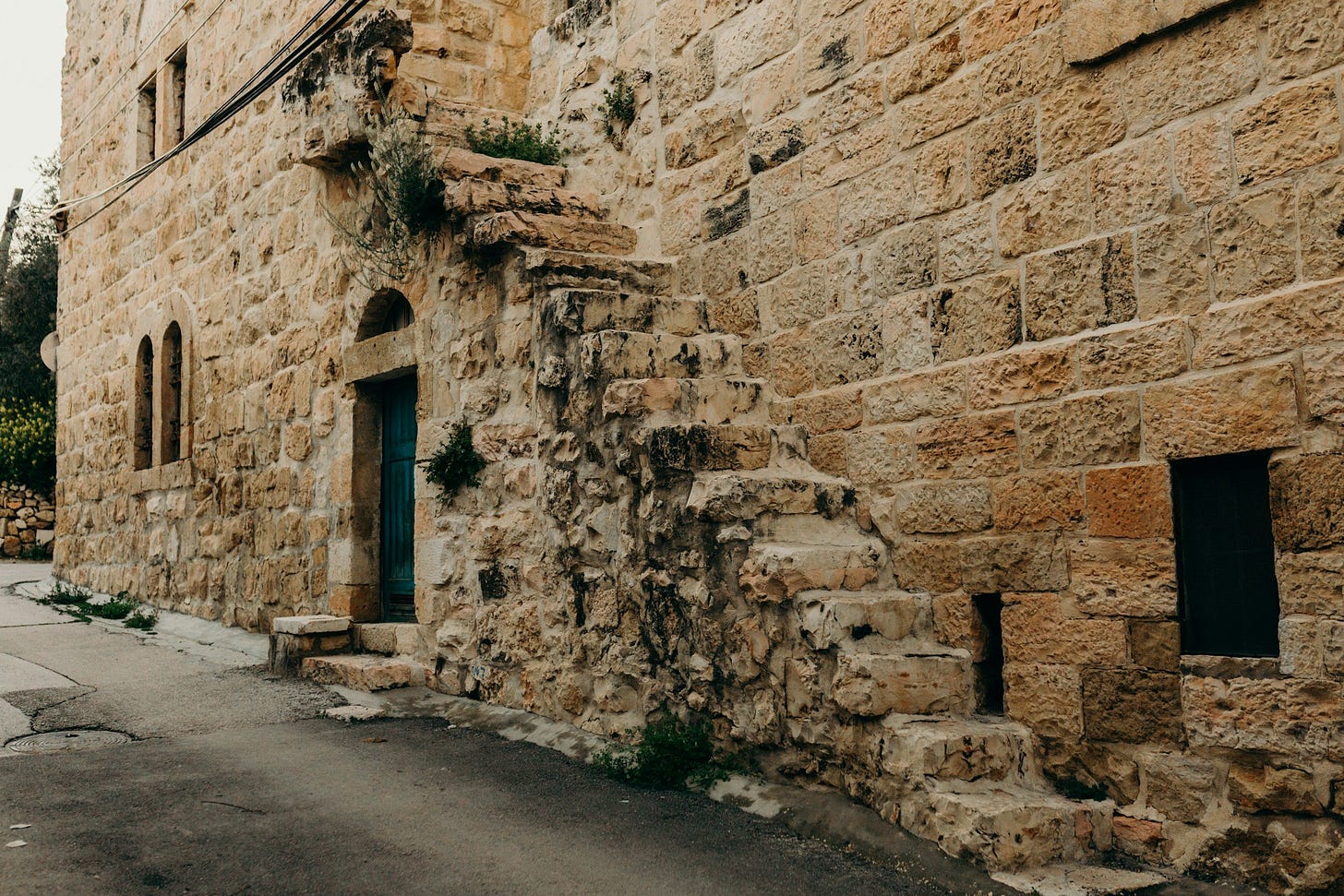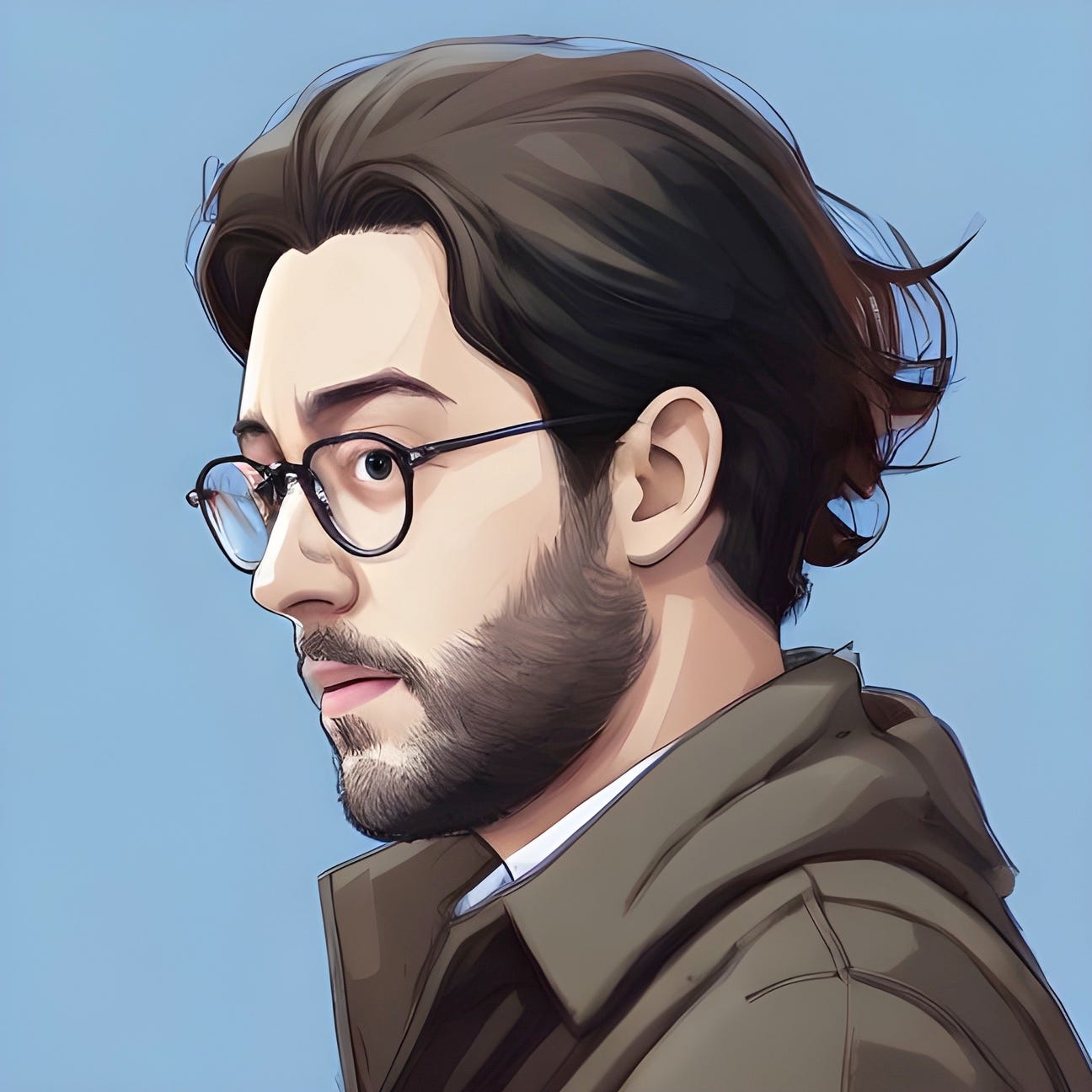As the festival of Passover approaches, it prompts reflection on themes of liberation and renewal, inviting us to consider the parallels between the Exodus story which it recounts and the autistic experience of moving towards self-understanding, acceptance, and grace. This time of year, marked by the meticulous removal of chametz—leavened bread and any food that contains yeast or leavening agents, which Ashkenazi traditions extend to legumes, rice, and more, while Sephardic traditions are more lenient—and preparation for the Seder, a ritual meal that recounts the story of the Exodus, mirrors the process many autistic humans undergo in decluttering their lives of societal expectations and embracing their true autistic selves.
The journey of the Israelites from bondage in Egypt to freedom in the Promised Land offers a rich narrative framework for exploring autistic liberation. Just as Passover celebrates the Israelites' escape from physical slavery and travails in the desert for 40 years, the autistic community continually navigates a path from the constraints of neurotypical standards towards a celebration of neurodiversity and full acceptance on our own terms in society. This shift from viewing autism as a condition or disease of the brain to be 'cured' to recognizing it as a natural variation of human neurology is akin to the transition from oppression to liberation celebrated during Passover.
Autistic liberation can also be viewed through the lens of intersections with other marginalized identities, such as being an autistic woman, queer, trans, a person of color, or being disabled in multiple ways. Understanding our autistic selves and how we interact with the world around us is akin to an exodus from the bondage of neurotypical masking to the freedom and relief of unmasking. This deeply personal journey of liberation frees us from societal pressures, allowing us to embrace and celebrate our true selves.
Masking, or camouflaging, the practice of concealing one's autistic traits to blend into neurotypical environments, while sometimes used for navigating social situations, carries significant drawbacks for our mental health. It requires a constant, exhausting effort to appear neurotypical, suppressing natural behaviors, interests, and responses. This leads to a sense of alienation from one's true self and a continuous fear of being 'found out.' Over time, the energy spent maintaining this façade can result in Autistic Burnout, increased anxiety, and depression, as masking denies individuals the freedom to live authentically, highlighting the importance of celebrating neurodiversity and creating environments where autistic traits are not just accepted but celebrated. Masking is ultimately denying our true selves in order to stay safe in the short term, ultimately negating ourselves and making ourselves unsafe in the long run.
The holiday itself, with its many rituals and its main character being autistic themself, is another reminder of how significant it is for autistic people.
The process of cleaning our homes of chametz can be especially challenging for autistic humans, requiring detailed cleaning that might feel overwhelming. Yet, this is also an opportunity for renewal, to clear our spaces of the old and make room for the new, paralleling the journey many autistic folks embark on in understanding and accepting our identities. We are only able to truly embrace ourselves once we rid ourselves of the inflated, extraneous, and unneeded pressures and societal constraints that we internalize in order to stay inside of the community.
The Seder, with its emphasis on community and storytelling, underscores the need for inclusivity and understanding. Creating spaces where autistic humans feel fully welcome requires mindfulness about the sensory and social aspects of gatherings. Just as the Seder plate holds multiple symbols adding depth to the Exodus story, our communities are enriched by the diverse experiences of autistic members and other members coming from neuro, gender, and racial minority groups.
The ritual questions and storytelling of the Seder offer a model for embracing autistic perspectives, aligning with the autistic experience of constantly seeking to understand a world designed without autistic people in mind. This questioning is a powerful tool for growth and understanding, embodying both Passover and autistic ways of engaging with the world.
As we recount the Exodus story and prepare for the festival, let's also commit to the ongoing journey toward a more inclusive and understanding world. Recognizing the liberation narrative as not just a historical event but as a living pursuit honors the spirit of Passover, embracing liberation from both physical bondage and the constraints that prevent full celebration and acceptance of human neurodiversity. Through our own exodus from neurotypical masking to the freedom of unmasking, we live more authentically as autistic humans, celebrating the beauty within ourselves and our communities.
Matthew is an autistic advocate, educator, coach, guide, and mentor based in Paris who is on a lifelong journey to champion the rights and empowerment of autistic people via a uniquely Jewish lens.
Navigating the world as a disabled AuDHD (Autism-ADHD) person, he learned to appreciate his authentic self amidst societal pressures to conform both within and outside of the Jewish community. Matthew’s education in both academia and the yeshiva world enriched his love for Judaism, while his experiences living, learning, and teaching in diverse communities across the globe, both Jewish and non-Jewish, have enriched his spiritual connection and understanding of both Yiddishkeit and the greater world.
Crucially, Matthew's life's work centers on autism rights, disability rights, and the Neurodiversity movement, and he actively volunteers in these areas in addition to his professional work in and out of the Jewish community. As an experienced educator, life coach, mentor, and guide, he empowers autistic individuals with vitality, resilience, and the tools to navigate the challenges of Autistic Burnout.
With a spiritual dimension drawn from the rich traditions of Judaism and deep respect for other spiritual paths, Matthew integrates these facets into his coaching style. His work with the greater disability community and worldview is heavily influenced and inspired by the Jewish tradition, and in particular by the Kotzker Rebbe, Simcha Bunim of Peshischa, Abraham Joshua Herschel and Reb Zalman. He envisions a world where autistic people not only survive, but flourish, and works daily to achieve it.
Matthew proudly serves as both a member and organizer within self-advocacy organizations, specifically CLE Autistes and the Jewish Autism Network. Within the Jewish Autism Network, he takes on the role of host and moderator of a free discussion and support group, offering autistic individuals in the Jewish community a safe and supportive space to grow and connect.
You can read more about Matthew and his work at theautisticcoach.com or follow him on Twitter, Bluesky, Mastodon, Facebook, or Instagram.






